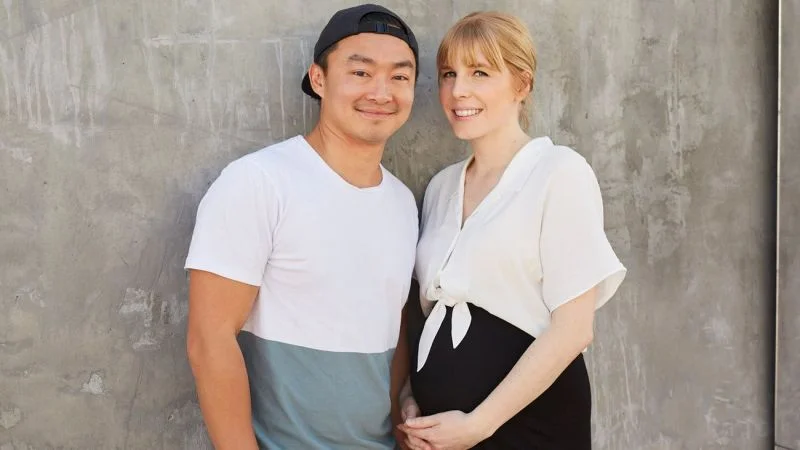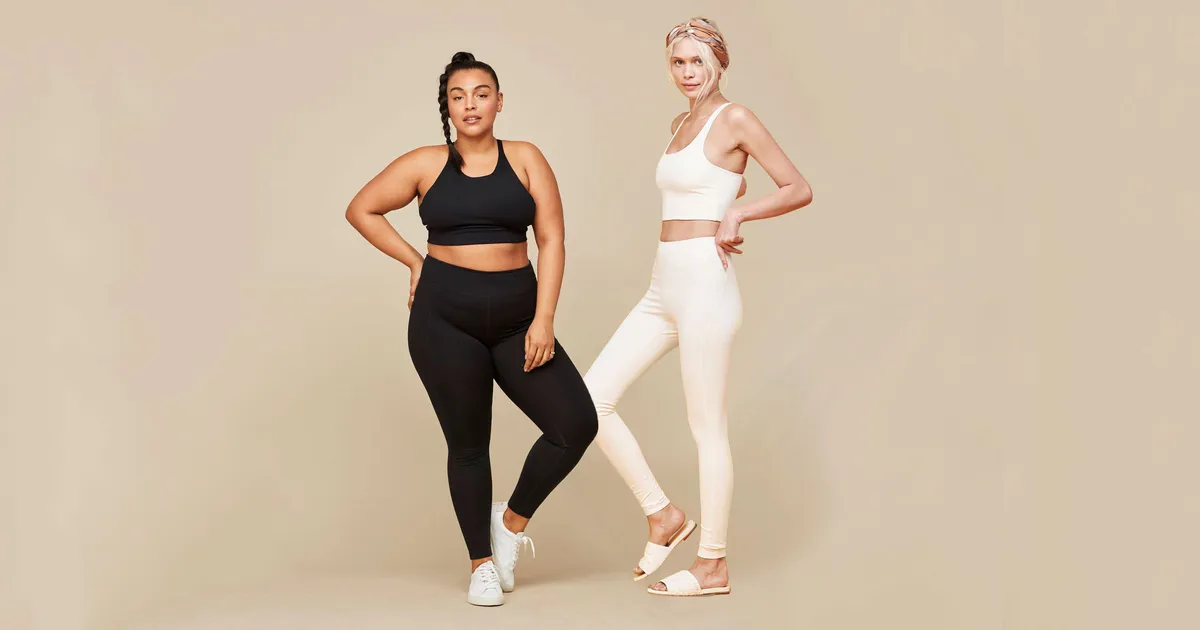As someone who’s worked closely with sustainable yoga and activewear manufacturers, I often get asked about who owns Girlfriend Collective and how its ethical business model works.
This Seattle-based brand has gained global respect for its eco-friendly production and body-inclusive marketing, but few people know who’s actually behind it.
Let’s break down its ownership, values, and why it stands out in the competitive athleisure market.
Table of Contents
- Quick Answer
- Who Owns Girlfriend Collective
- Founders and Background Story
- What Makes Their Ownership Structure Different
- Girlfriend Collective’s Sustainability and Ethics
- How It Compares to Other Yoga Brands
- Why Ownership Transparency Matters
- FAQs
- Work With FuKi Yoga to Build a Sustainable Activewear Brand
Quick Answer
Girlfriend Collective is an independent, privately-owned brand founded by Ellie and Quang Dinh in Seattle, USA.
The company is not owned by a large corporation — it remains self-operated, emphasizing transparency, fair labor, and sustainability.
That independence allows Girlfriend Collective to prioritize ethical production over mass profit.

Who Owns Girlfriend Collective
The brand is owned by husband-and-wife team Ellie and Quang Dinh, who launched it in 2016 with a clear vision:
to create high-quality activewear from recycled materials, without compromising on ethics or style.
Unlike big names like Lululemon or Athleta (owned by Gap Inc.), Girlfriend Collective has remained independent — meaning they have full control over sourcing, pricing, and marketing.
| Ownership Type | Company Name | Notes |
|---|---|---|
| Private | Girlfriend Collective | Founded by Ellie & Quang Dinh |
| Headquarters | Seattle, USA | Operates globally online |
| Parent Company | None | 100% independent |
| Investors | Self-funded | No external corporate ownership |
Founders and Background Story
Before starting Girlfriend Collective, Quang Dinh worked in product development and marketing, while Ellie Dinh studied fashion and sustainability.
Together, they noticed a huge gap in the market: eco-conscious activewear that looked and felt premium.

They started with a single product — black leggings made from recycled water bottles — offered for free (just pay shipping) to early customers.
That viral marketing move launched the brand into mainstream visibility and built an early loyal fan base.
What Makes Their Ownership Structure Different
Because Girlfriend Collective is independent, the founders can make decisions that align with their ethics rather than shareholder demands.
Key differences:
- No fast-fashion pressure for overproduction
- In-house control over design and marketing
- Greater transparency in sourcing and pricing
- Long-term focus on environmental and social impact
This independence also allows Girlfriend Collective to invest in closed-loop recycling programs and post-consumer fabric initiatives, something most large corporations delay due to cost.
Girlfriend Collective’s Sustainability and Ethics
From my experience evaluating fabrics in yoga apparel manufacturing, Girlfriend Collective stands out for its recycled yarn technology and ethical transparency.
| Area | Practice | Details |
|---|---|---|
| Fabric Source | Recycled PET bottles, fishing nets | Certified sustainable suppliers |
| Manufacturing | Ethical factories in Vietnam | Fair wages, SA8000 certification |
| Dye Process | Eco-certified dyes | No harmful runoff |
| Recycling Program | “ReGirlfriend” | Customers can send back old items for recycling |
This model proves that sustainability can coexist with profitability when ownership stays value-driven.
How It Compares to Other Yoga Brands
| Brand | Ownership | Focus | Sustainability |
|---|---|---|---|
| Girlfriend Collective | Independent | Eco + inclusivity | High |
| Lululemon | Public company | Performance | Medium |
| Alo Yoga | Private (LA-based) | Luxury & fashion | Medium |
| CRZ Yoga | Chinese-owned | Affordable alternatives | Medium |
| FuKi Yoga | OEM Manufacturer | Custom private label | High (sustainable production options) |
Girlfriend Collective sits uniquely between ethical fashion and functional activewear, making it a go-to for consumers who care about both aesthetics and purpose.
Why Ownership Transparency Matters
Knowing who owns a brand matters because it tells you where your money goes:
- Is it funding local creators or corporate shareholders?
- Does the brand invest in sustainable materials or mass production?
- Can it adapt quickly to market or environmental demands?
Girlfriend Collective’s transparency sets a strong example — something that newer yoga brands (and even OEM factories) can model.
FAQs
Q1: Is Girlfriend Collective owned by a big corporation?
No, it’s an independent brand owned by Ellie and Quang Dinh.
Q2: Where is Girlfriend Collective based?
It’s headquartered in Seattle, Washington, USA.
Q3: Who manufactures Girlfriend Collective clothing?
Their apparel is ethically made in certified facilities in Vietnam.
Q4: Is Girlfriend Collective sustainable?
Yes, it’s known for using recycled polyester and nylon and maintaining an ethical supply chain.
Work With FuKi Yoga to Build a Sustainable Activewear Brand
If Girlfriend Collective’s success inspires you, FuKi Yoga can help you bring your own sustainable yoga brand to life.
We specialize in:
- OEM/ODM yoga wear production using recycled and eco-certified fabrics
- Private labeling and packaging for brand identity
- Ethical factory partnerships meeting international standards
- Custom design development for leggings, bras, jumpsuits, and loungewear
- Low MOQ production — ideal for startups
- Global delivery to the US, EU, and UK
By blending sustainability and quality, FuKi Yoga supports small and medium brands aiming to create products with long-term value — not fast fashion.


